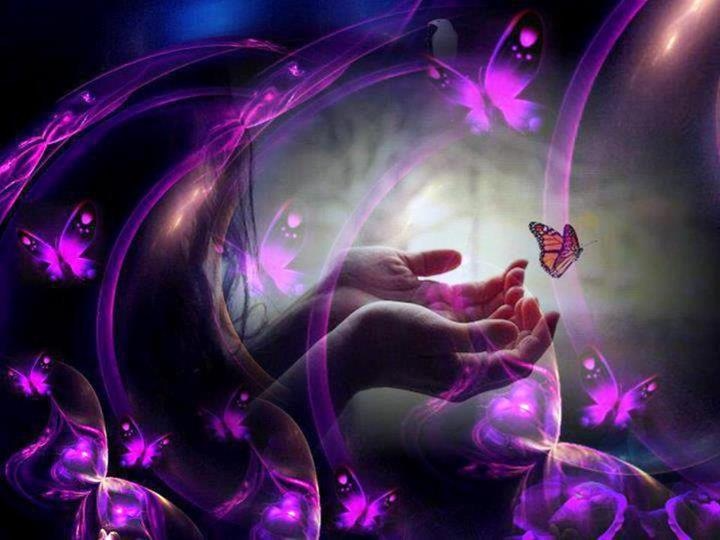

We begin with this article, the first in a series, with Jandy de Paulo Almeida, Anthroposophic Psychologist, who will help us understand what Anthroposophy is and how it is intimately linked to current human realities, contributing with its discoveries to various aspects of a more integral and evolution-directed life.
What is Anthroposophy?
Anthroposophy (from the Greek anthropos, "human," and sophia, "wisdom") literally means "wisdom regarding the human being." Elaborated on its principles by the Austrian philosopher Rudolf Steiner (1861 - 1925), it seeks to satisfy the modern human's thirst for knowledge about themselves and their relationship with the universe, seeking to adequately answer eternal questions: Who am I? Where do I come from? Where am I going? What is the meaning of my existence?
In modern times, humans continue to seek answers in religions and modern science. However, while mysticism demands renunciation of any rational consideration, science offers a dry intellectualism that condemns the legitimacy of spiritual aspirations.
Anthroposophy is essentially a path of self-development and therefore does not consist of a ready-made package of concepts and dogmas to be used to convince others. Its ideas and ideals are offered for each individual to evaluate what makes sense to them. The emphasis is on understanding and comprehending rather than absorbing and accepting. Rudolf Steiner, a philosopher born in Austria, dedicated himself to organizing knowledge and wisdom available since ancient times, supplementing them with spiritual research. Thus, he erected an impressive structure of knowledge about the human being and the cosmos, not based on faith, but on logic and reason.
Anthroposophy is not limited to merely theoretical aspects, being intimately connected to current human realities, contributing with its discoveries to various aspects of a more integral and evolution-directed life. Readers may have already heard of Anthroposophy through its manifestations such as Waldorf Schools; Anthroposophic Medicine; Anthroposophic Pharmacology (Weleda, Walla, and others); Biodynamic Agriculture; Eurythmy, and Biographical Counseling.
What is Human Biography?
Human Biography, or the history, the writing of one's own life, is the greatest legacy that a human being can leave in their earthly passage. When we delve into our own life story and the cosmic laws that govern it, we become increasingly conscious, a task that is the most important of the Age of the Conscious Soul in which we currently live.
The transformations achieved through this deepening of awareness of one's own life contribute not only to personal, social, and professional evolution but also to the evolution of Humanity as a whole.
"The biographical work is an aid for all who want to deepen their self-knowledge and, at the same time, develop interest and understanding for other people and their life situations." - Gudrun Burkhard
My proposal here is to present some topics for reflection, related to Human Biography concerning personal and professional self-development, through a sensitive look at aspects of our learning, as spiritual beings living a terrestrial experience.

I am Jandy de Paulo Almeida, Anthroposophic Psychologist, Art Educator, Biographical Counselor, SBCoaching Coach, Systemic Family and Couple Therapist, specialist in Creativity and Operative Group. I have been working as a specialist for over 20 years, giving lectures, individual and group assessments, managing and developing projects in people management consultancy, training, vocational and career guidance, and interpreting behavioral maps.
Instagram: jandydepaulo_psicologa
Linkedin: Jandy de Paulo Almeida
Contact us